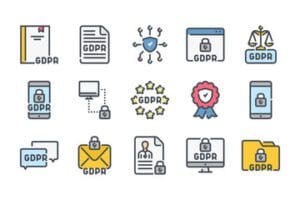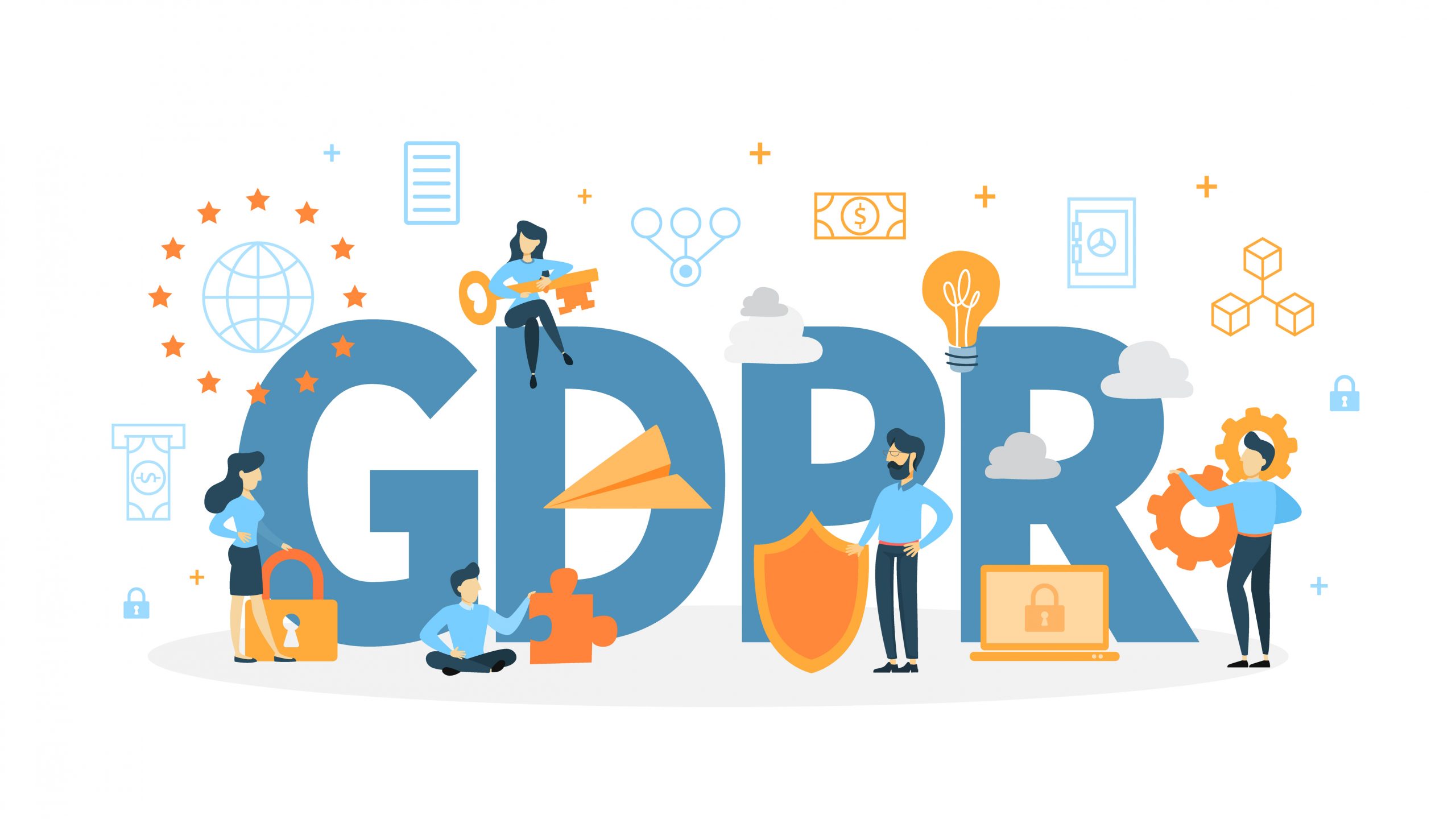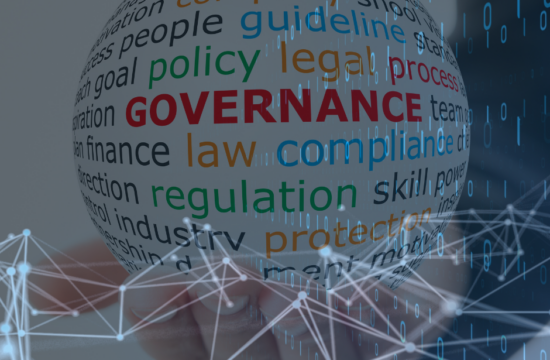GDPR went into effect in May 2018 and allowed consumers more control over their data sharing and usage. It also enhanced the freedoms of EU citizens in some ways.
The two major principles followed by GDPR are,
- Organizations must give individuals the right to monitor, correct, or question the use of their data in addition to transparency.
- Organizations should establish protective measure accountability for the breach or abuse of personal data to secure individual data.
In this article, we will be discussing how GDPR will be working for the growth of small businesses.
Small businesses that have less than 300 employees
In the US, a small business contains less than 300 staff. According to GDPR companies must have information of all data processing processes if they achieve specified criteria. The GDPR’s account rules apply to all businesses with 250-300 employees if they are subject to it.
Any data breach is reported to the authority by a DPO(Data Protection Officer). Their requirement is decided by the extent of its processing techniques, not by its size.
Small businesses that have employees less than 250
In general, Article 30 of the GDPR releases small firms with less than 250 employees from the requirement to keep data of their operations, either as controllers or processors. However, if the enterprises process data for any of the following purposes then they have to comply with GDPR.
- Individual rights may be affected as a result of data processing processes.
- An individual’s political, racial, philosophical, and religious beliefs, union membership, biometric data may be among the data to be analyzed.
- The personal information in question belongs to a criminal offender, a conviction, or an arrest.
- Personal data must be processed regularly.
Small enterprises must consider themselves equal to bigger companies according to GDPR Article 30 compliance requirements since these basic requirements are met.
Small firms generally have fewer resources than larger corporations. As a result, the ICO( Information Commissioner Officer) considers any obstacles that a smaller company may face in complying with the new legislation.
How does GDPR compliance work for small businesses?
In some cases, certain types of information will be present in your data, business contacts, and client information somehow.
Let us learn how organizations comply with the fundamental principles of GDPR.
- Asks for consent at each step:
If you want to use customer’s data, enhanced consent requires obtaining authorization from them at every step. For example, let’s say your company asks for an email to send information. In such a situation, approval might be important before using their email for any marketing purposes. All authorization requests should be presented in a way that is clear to the company’s target customers.
- Users must have full control upon their personal data:
All the users should have control upon their data, including delete and reuse it. It also allows them to transfer and copy their data. A businessman you might need to create a method for consumers to govern their data.
- Notify the users about the data breach:
In case of a data security breach, businesses may be obliged to inform owners of the data. It just does not include bigger problems but also simple mistakes like providing supplier access to your data or an employee misplacing a laptop. Even if the breach is insignificant, the firm is obliged to tell the person whose data is at risk.
- Appropriately protect the user’s data:
You’ll need to put the given data properly to keep it safe. As a result, rather than simply password-protecting your client’s data, you should consider encrypting it.
- Proper monitoring of the data:
It would help if you kept a very close eye on any mediator applications used in processing of data. For example, while using the online newsletter services, make sure to choose GDPR compliant mailing lists.
What is the need to audit the whole data?
Data auditing for GDPR is a time-consuming process. Therefore, before beginning any data processing, they may need to do DPIA (Data Protection Impact Assessments). It actively safeguards data and reports every new data processing’s possible threats to subjects of data subjects. On their websites, various data protection agencies from Europe publish instructions about DPIAs and when to undertake them.
How do the small businesses that do not comply with GDPR work?
Putting some effort into creating a privacy policy of GDPR-compliant can go a long way toward assisting small businesses for ensuring compliance. Those that haven’t done so might be considered noncompliant. Supervisory authorities may issue punishments, short or long-term data processing restrictions, data limitation or removal orders, and prohibitions of transmitting data between third countries.

Article 83 in GDPR notifies businesses of violations and charges fines on a specific instance basis. In addition, it encourages businesses to manage personal data responsibly and lawfully.
Why is GDPR compliance crucial in small businesses?
Both bigger and smaller organizations must comply with GDPR. To ensure GDPR compliance, many companies have appointed DPO (Data Protection Officer).
A lack of understanding does not forgive non-compliance towards GDPR. Businesses should examine how they manage personal data, whether they are a sole owner or a worldwide organization, and ensure that appropriate policies and processes are kept safe. For example, systems for approving data user access and investigating and identifying data breaches might be crucial. Businesses can set up adequate technical protocols to protect users’ data.
GDPR has ensured the security of every user’s data and has successfully prevented any data breaches. As a result, more people will feel comfortable investing in and participating in your company, creating demand.





